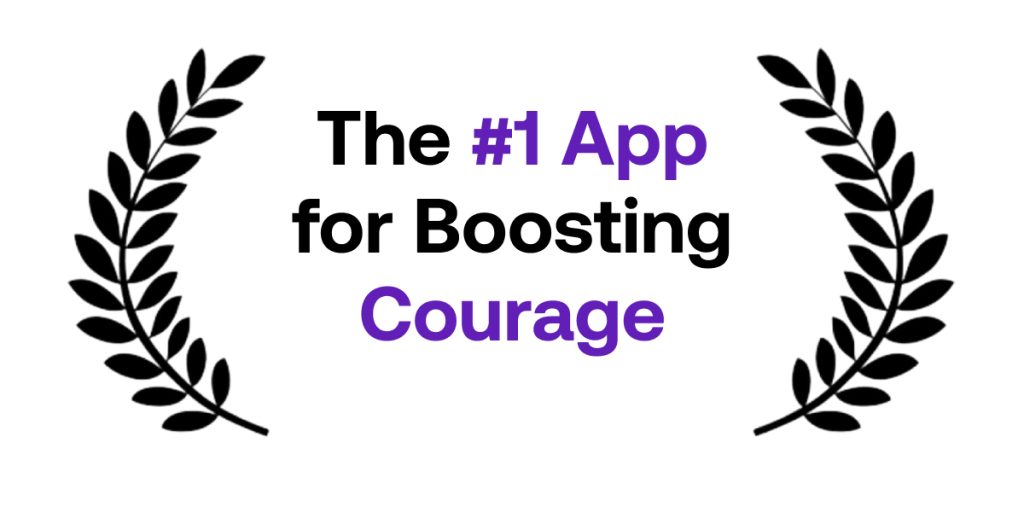In a world that often prioritizes ease and convenience, true strength is built by embracing discomfort. Whether in martial arts, personal development, or leadership, those who challenge themselves beyond their comfort zones develop mental resilience, courage, and long-term success.
Growth does not come from staying safe, avoiding challenges, or choosing the easiest path—it comes from pushing boundaries, facing fears, and adapting to adversity. This principle is deeply rooted in both warrior traditions and modern psychology, proving that discomfort is not something to avoid, but something to embrace.
1. Why Mental Resilience Grows When You Push Past Comfort Zones
The Comfort Zone Trap
The comfort zone feels safe, predictable, and easy, but it comes with a hidden cost: stagnation. When you only do what is familiar and effortless, your mental and emotional muscles weaken. Avoiding discomfort leads to:
- Reduced resilience – The inability to handle setbacks, criticism, or challenges.
- Lower confidence – Self-doubt increases when you never prove to yourself that you can overcome obstacles.
- Lack of motivation – Without challenges, there’s no reason to push forward.
What Happens When You Choose Courage Over Comfort?
When you step beyond comfort, you unlock growth, resilience, and inner strength. Warriors, athletes, and high achievers all follow this principle—discomfort is a tool, not an enemy.
- Exposure to discomfort builds stress tolerance – Your mind learns to handle pressure rather than shut down.
- Small wins create momentum – Every time you overcome discomfort, your confidence grows.
- You rewire your brain for resilience – Difficult situations become manageable rather than overwhelming.
Pushing past what feels easy forces you to adapt, grow, and develop the kind of mental toughness that leads to success.
2. The Science Behind Challenge-Based Growth and Motivation
The Yerkes-Dodson Law: How Optimal Stress Fuels Performance
Psychologists Robert Yerkes and John Dodson discovered that optimal performance occurs under moderate stress. Too little stress leads to boredom, while too much leads to panic. The key is to seek challenges that push your limits without overwhelming you.
Examples:
- A martial artist trains against tougher opponents to sharpen reflexes and build endurance.
- A speaker gradually increases audience size to overcome stage fright.
- A runner sets progressively harder goals to build physical and mental endurance.
When challenges are just beyond your current ability, growth accelerates, and motivation increases.
Neuroplasticity: The Brain’s Adaptation to Discomfort
NEW! Put the principles from this article into practice with the free courage-boosting MaArtial app on the App Store for iOs and Play Store for Android.
Your brain is wired to adapt to challenges. Every time you push past fear, hesitation, or struggle, new neural pathways form, reinforcing resilience, courage, and motivation.
Key Mechanisms at Work:
- Dopamine Release – When you succeed after discomfort, your brain rewards you with motivation.
- Cognitive Reframing – The brain learns to see challenges as opportunities rather than threats.
- Mental Toughness Development – You become more comfortable with the uncomfortable.
By choosing to step into discomfort regularly, you condition your brain to thrive in difficult situations.
3. How to Build Mental Strength by Embracing Discomfort
Step 1: Reframe Discomfort as Growth
Instead of seeing hardships, setbacks, or fears as threats, reframe them as opportunities for growth.
- Instead of: “This is too difficult.”
- Say: “This challenge will make me stronger.”
By shifting your mindset, discomfort stops being something to fear and starts being a tool for personal transformation.
Step 2: Take Small, Controlled Risks
Growth happens when challenges are hard but achievable. Don’t start with something extreme—start small and build momentum.
- Try something new every day – A skill, a conversation, or an uncomfortable situation.
- Push your limits gradually – If public speaking terrifies you, start with small group discussions.
- Seek controlled adversity – Work out harder, take cold showers, or practice sparring against stronger opponents.
Step 3: Build Daily Resilience Habits
Mental resilience isn’t built overnight—it’s developed through consistent exposure to challenges.
- Cold Exposure Training – Teaches your brain to remain calm under stress.
- Mindfulness and Meditation – Helps manage discomfort without resistance.
- Affirmations for Courage – Reinforce self-belief during difficult moments.
These habits train your mind to handle adversity with confidence rather than avoidance.
4. Why Warriors, Leaders, and High Achievers Seek Discomfort
The Warrior’s Path: Strength Through Struggle
Throughout history, warriors have trained in harsh, uncomfortable environments to build mental and physical toughness. The samurai, Spartans, and Shaolin monks all embraced discomfort as part of their daily lives.
- Samurai practiced readiness through daily hardship to prepare for real battles.
- Shaolin monks trained in extreme conditions to master mind-over-matter discipline.
- Spartans conditioned their minds and bodies through relentless physical training.
They understood that growth only happens outside of comfort.
How Modern High Performers Apply This Principle
Today, the world’s most successful athletes, entrepreneurs, and leaders follow the same philosophy.
- Elite athletes push their bodies and minds through intense training.
- CEOs and innovators step into uncertainty and risk rather than seeking comfort.
- Special Forces soldiers train in extreme conditions to build mental toughness under pressure.
Each of these individuals knows that avoiding discomfort weakens resilience, while embracing it builds unstoppable confidence.
Final Thoughts: Choosing Courage Over Comfort
- Comfort leads to stagnation. Challenge leads to growth.
- Avoiding discomfort weakens resilience. Facing it builds mental strength.
- Warriors, high achievers, and peak performers train themselves to embrace discomfort—not fear it.
To grow, succeed, and build unshakable confidence, you must choose courage over comfort. Step into discomfort, and you’ll discover just how strong you truly are.














